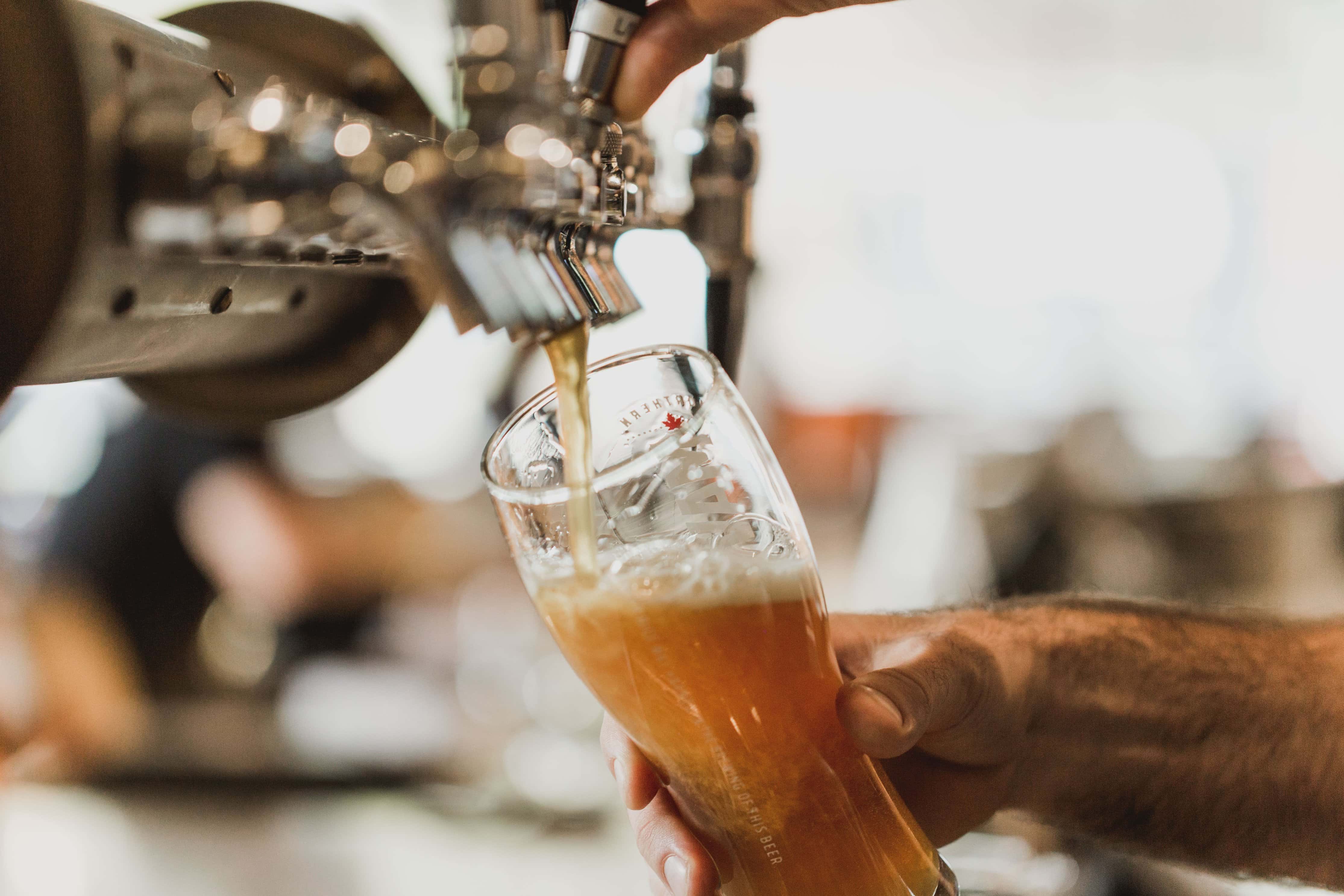CRA Reveals Continued Crack Down on Restaurant Industry
October 11, 2018
written on behalf of Feigenbaum Law
CBC News reported this week that the Canada Revenue Agency (CRA) will be reviewing data on beer, wine, and liquor sales in an attempt to crack down on tax avoidance in the bar and restaurant industry. As we blogged about earlier this year, this is not the first time that this sector has come under scrutiny.
High-Risk Sector
The CRA has said that it has identified the restaurant industry as “high-risk”, noting that:
The cash-based nature of the food and beverage sector, in addition to the growing use of electronic sales suppression software within this industry, make it an ongoing area of tax non-compliance concern.
The CRA notes that in conducting more than 6,000 audits over the last three years, they have discovered $344 million in unreported income, and has been able to obtain $200 million in previously unpaid tax (plus penalties and interest).
More than half of those audits took place in Ontario, where there was $215 million in unreported income, and ultimately almost $120 million in recouped amounts.
Records of Alcohol Sales in Ontario Must be Handed Over
Earlier this year, the CRA applied for and obtained a court order permitting it to compel Ontario’s Beer Store (the province-run beer retailer) to hand over any records it had on every pub, bar, nightclub, banquet hall, and restaurant in the province that is licensed to buy commercial amounts of alcohol.
The CRA’s goal is to “verify compliance” with income tax and GST obligations and ensure that bar and restaurant owners “properly” report income and deductions.
The Beer Store is required to provide updated data every three months for the next four years. This has been happening at the Beer Store, and at the LCBO (the provincially-run wine and liquor retailer) since at least 2013.
This Practice Takes Place in Other Provinces as Well
The CRA has said that is received the same type of data in “some other provinces” as well, but did not specify which ones. It noted that it may potentially be seeking further court orders to enable it to obtain this information across every jurisdiction in Canada.
The Industry is Regulated and Audited
James Rillet, a vice-president with Restaurants Canada, an industry group, told the CBC that most operators generally assume that their alcohol purchases are being tracked since their activities are “checked so often” by provincial regulatory bodies such as the Alcohol and Gaming Commission of Ontario, which conducts spot checks by attending at restaurants and other establishments and asking to review alcohol receipts to ensure that alcohol was legally purchased. Rillet notes, however, that this does not mean that restaurant and bar owners should not be concerned with the CRA tracing them.
Potential Problems with Audits
Indeed, problems can arise when receipts and sales records are used to estimate what a bar or restaurants alcohol sales revenues should have been. Experts say that receipts don’t account for practical realities such as an establishment placing an order with the LCBO and the Beer Store, but then not taking the full amount ordered, or returning previous amounts ordered before selling them. Such changes are not necessarily accurately reflected.
In addition, receipts do not account for discrepancies between what is purchased from a retailer, and what ends up being sold in the bar, nightclub, or restaurant. For instance, establishments regularly lose a certain amount of money due to employees serving customers free drinks (or taking those drinks themselves), faulty tap lines, improperly or incorrectly poured drinks, “spillage”, and other losses.
Furthermore, receipts don’t account for price fluctuations due to things such as happy hours or drink specials, and other promotions.
CRA Says it Accounts for Discrepancies
The CRA told the CBC that its auditors are aware of and familiar with the realities of the bar and restaurants industry, and account for things such as spillage in their audits. Auditors do what they can to ensure there are no false assumptions made during the course of an audit.
Discrepancies between purchase data and a bar or restaurant’s reported revenues/sales will only be counted against that establishment where there are discrepancies that cannot be explained.
If you have questions about tax audits, or compliance with your tax obligations contact Mark Feigenbaum for a custom solution to your corporate tax needs. We work with you to create a bespoke solution that will streamline your compliance requirements. Contact us to learn more about how we can help or call us at (416) 777-8433 or toll free at (877) 275-4792.





